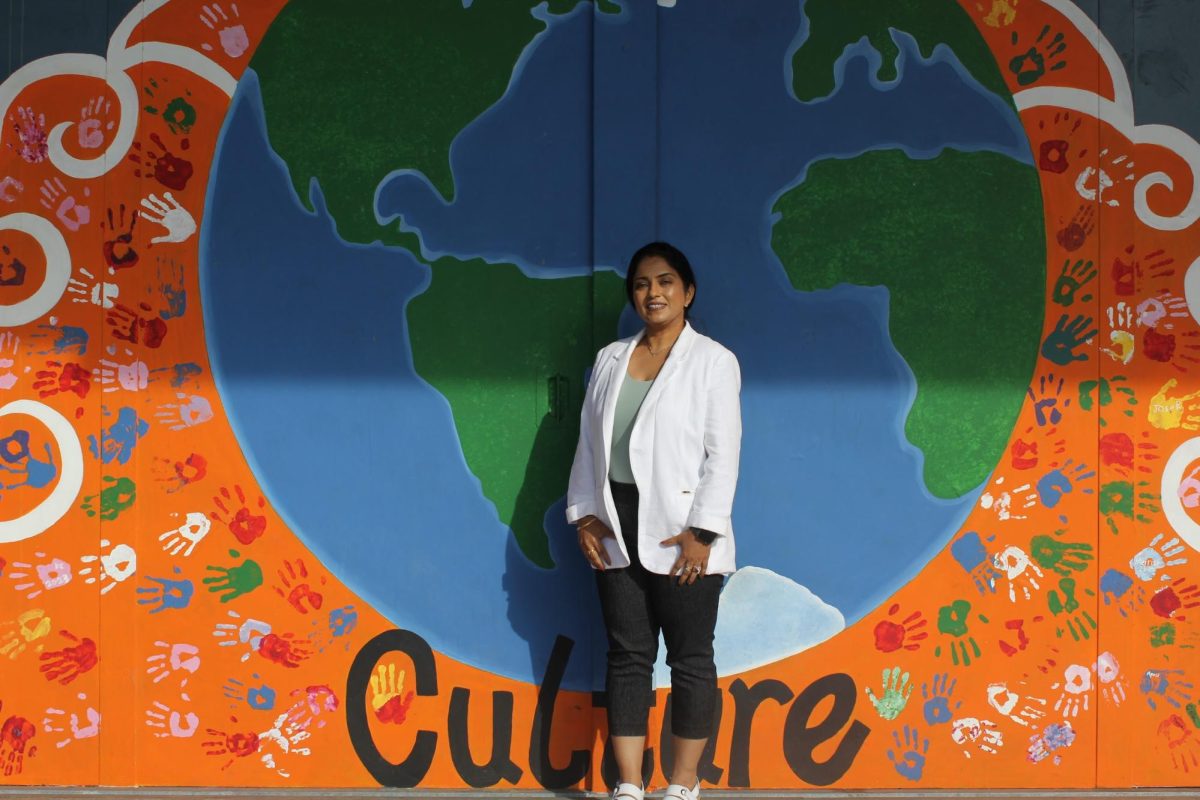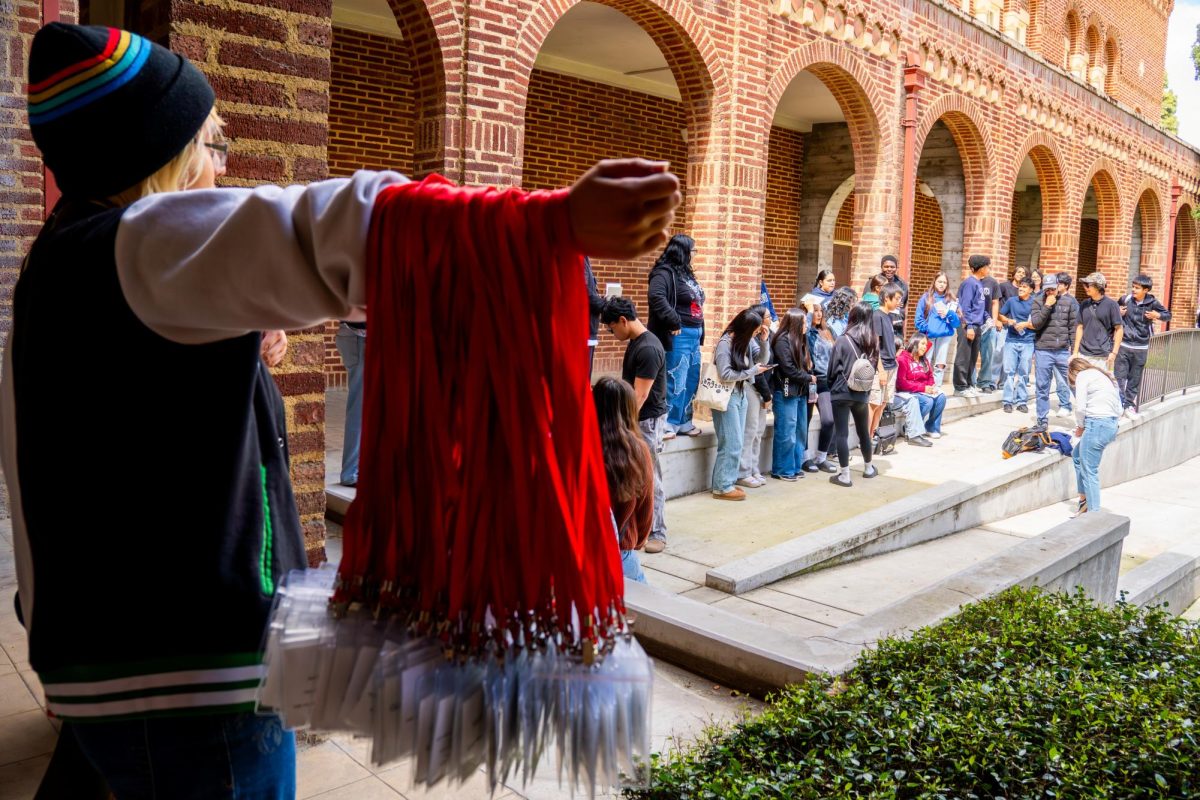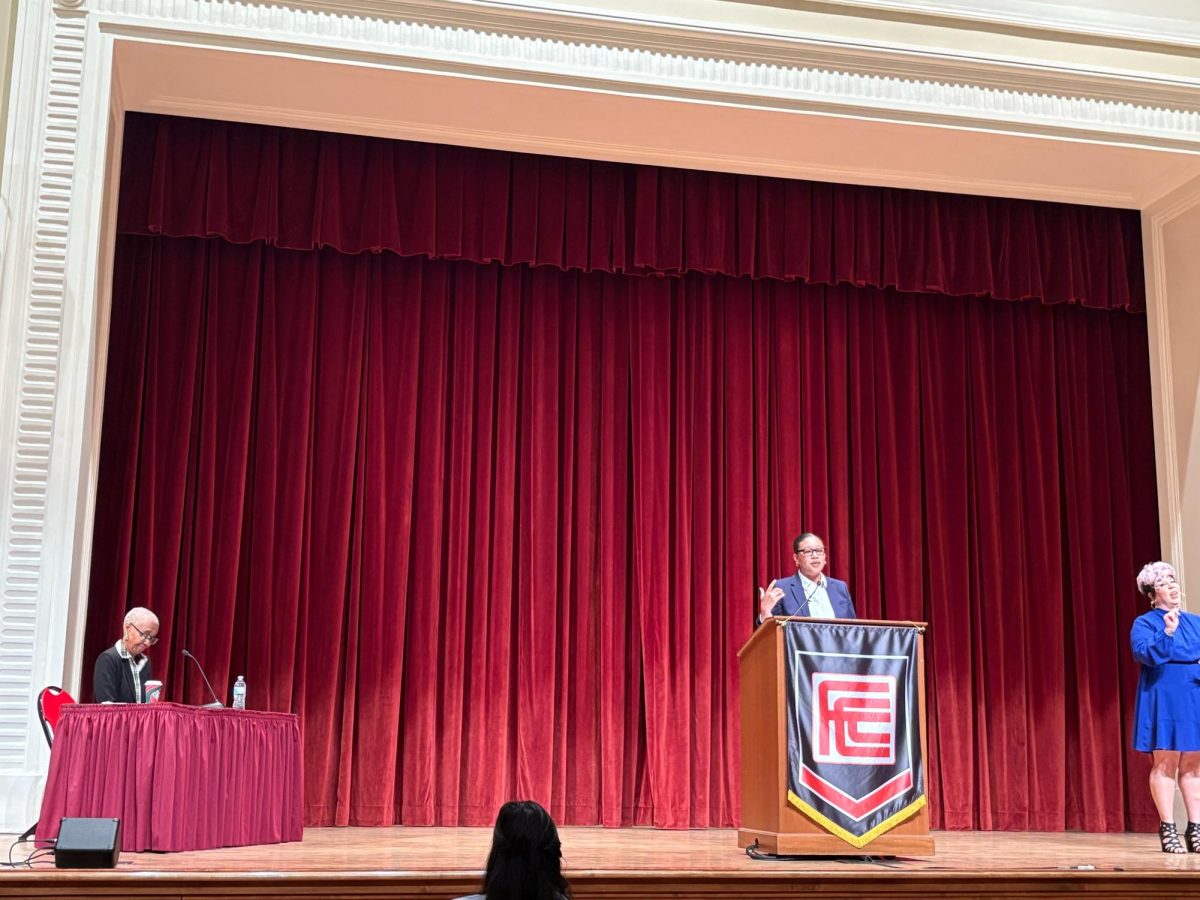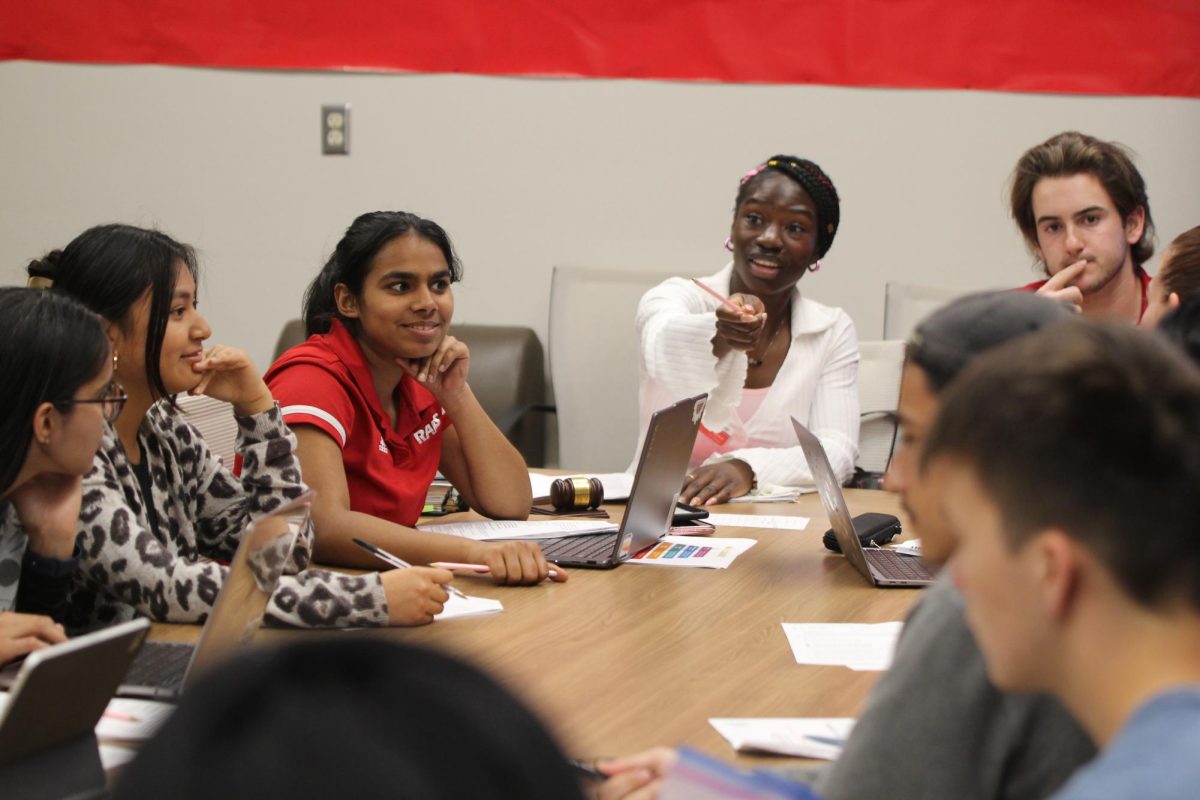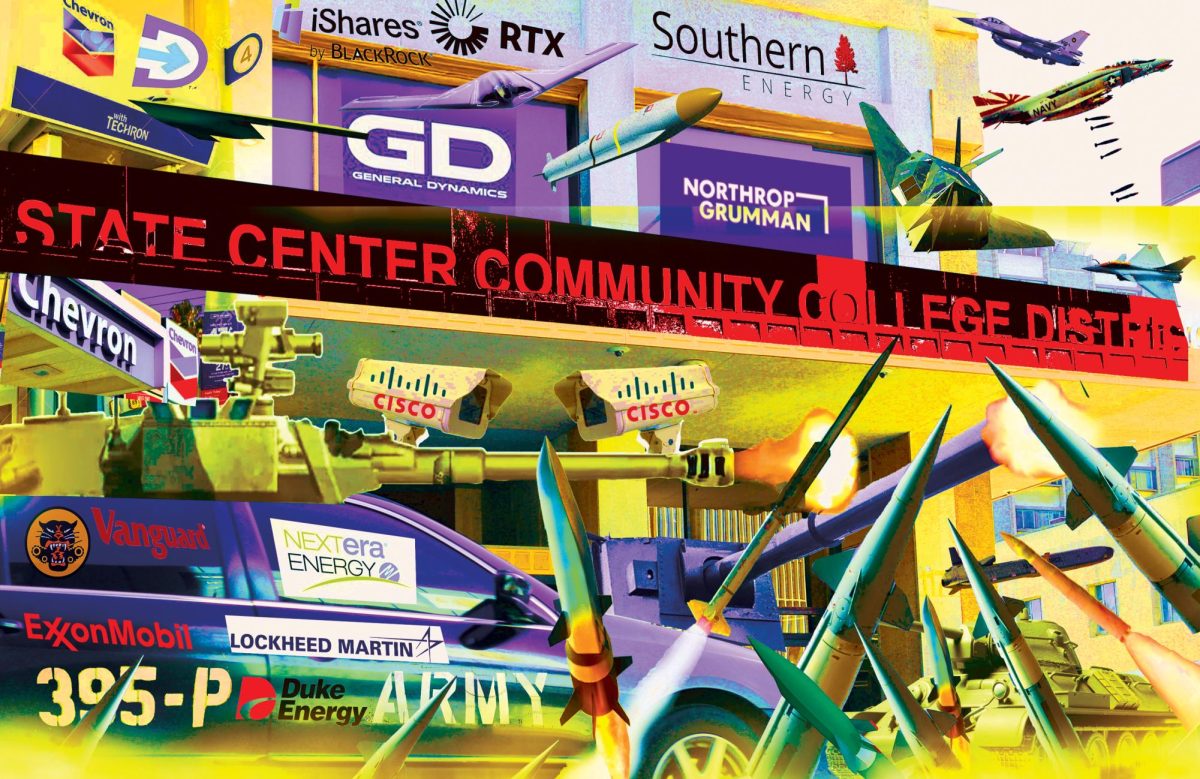Students that walk onto any college campus carry with them a specific goal in mind that they hope to accomplish: getting their degree as fast they possibly can. Along the way, some of us become so ingrained in our studies and our other responsibilities that we forget the point of the struggle to being with, which is the hope of having a better life that comes from having a college education.
That being said, many students opt for careers that they feel will best prepare them for financial success as opposed to perhaps a more fulfilled life doing what they truly want to do, in part due to a society that teaches us that academics and the arts do not go hand-in-hand. Where does that leave art majors? Is there something to be desired or should we as a society alter our perception of what art truly is and how it benefits everyone?
“It’s one thing not to have money to put food on the table, that’s real. Not to feel safe with a roof over your head and feel warm and comfortable, that’s real. But after you have all the basics, the next thing is to have your soul fed. That’s music, theater, writing, poetry, and visual art,” said FCC art instructor Anne Scheid.
Art classes are not only meant to cater to art majors, but to enrich the lives of all students. Art classes are included in general education requirements for the same reasons a geology or history course is included; it is intended to make students multi-faceted and well-rounded. Without these classes, students lack the opportunity to expand their horizons and are deprived of gaining new creative experiences.
“My job is to help my students find their inner artist and hone in on their creativity, to help them see their world around them differently,” Scheid said. “You always have to be engaged in the creative process, because you never know where the answers or the inspiration is going to come from. If you’re waiting for the inspiration, you’re going to miss it!” Scheid, believes that art has taken a backstep to general education. “When I was a college student in the 1970s, the arts were a big deal. Whether you were in theater, a writer, a musician, a poet, you were considered ‘the best’ on campus. Now, it has really switched; now it’s all business, economics, and math. Art is second.”

